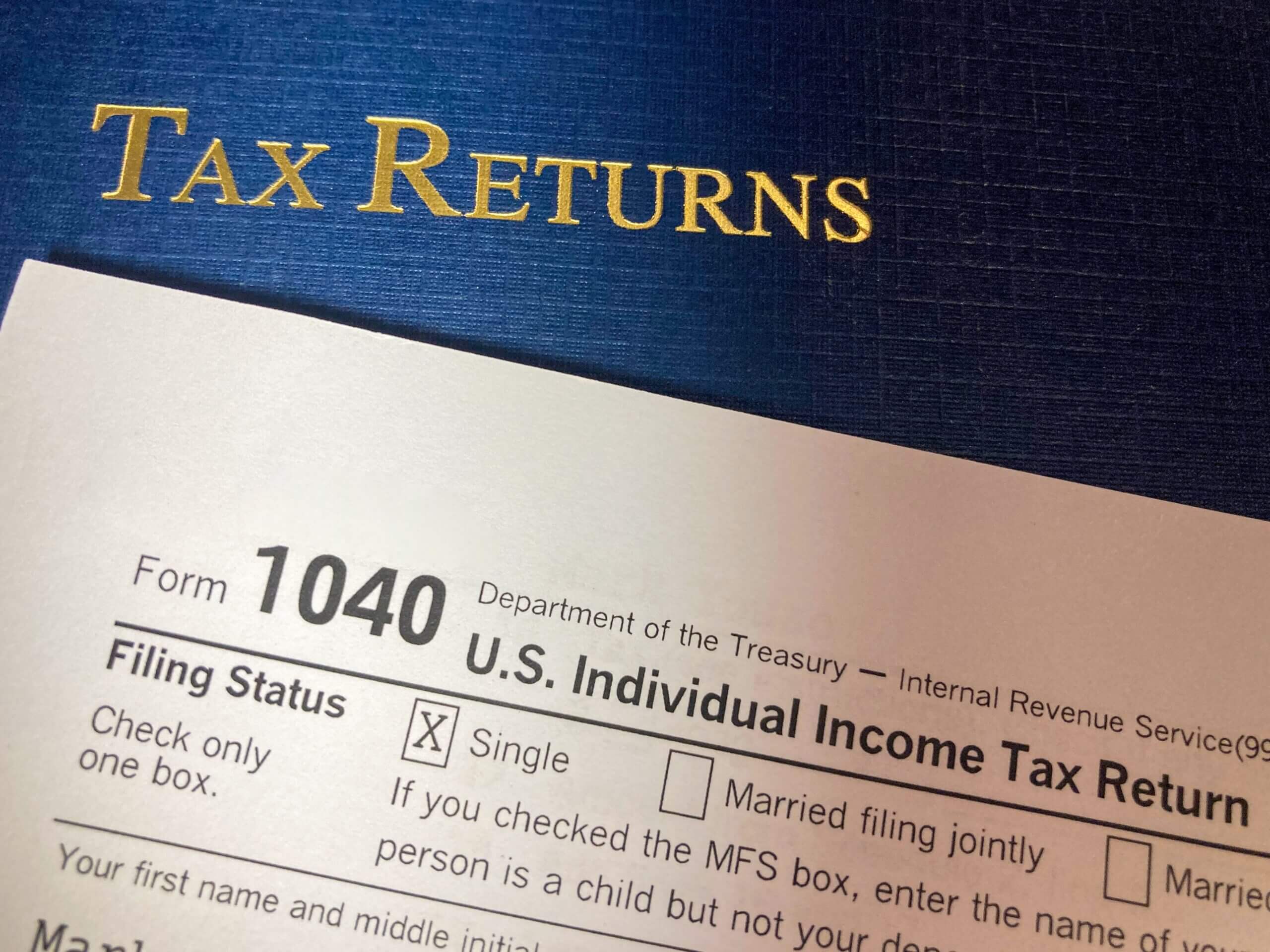The Internal Revenue Service (IRS) celebrates early victories in its campaign to crack down on high-end tax cheats, announcing the successful collection of substantial sums from wealthy individuals who were previously delinquent on their taxes.
In a month-long effort to target 1,600 millionaires significantly behind their taxes, the IRS reported collecting $122 million from 100 cases. This figure is in addition to the $38 million already retrieved from 175 millionaires. This recent enforcement action has resulted in the recovery of $160 million from wealthy households, as stated by IRS Commissioner Danny Werfel.
The IRS’s tougher tax enforcement strategy was bolstered by the Inflation Reduction Act, part of the broader tax and climate package passed last summer. This act allocated substantial funding to the IRS to enhance its operations, improve customer service, and intensify enforcement efforts aimed at wealthy taxpayers and significant businesses.
The recovered funds come from various sources, including restitution or guilty pleas in criminal cases. In one instance, an individual was ordered to pay $15 million in restitution after falsely claiming that personal expenses related to constructing an extravagant mansion, complete with sports courts, were deductible business expenses. Another case involved an individual who siphoned over $670,000 from a business by filing a fraudulent tax return, with the money allegedly spent on gambling.
The IRS’s focus is not solely on individual taxpayers; it also extends to corporate tax compliance. Beginning next year, the IRS will launch 60 audits of major corporations with an average of $24 billion in assets and annual taxable income averaging $526 million.
Moreover, the IRS is intensifying its scrutiny of U.S.-based subsidiaries of foreign companies. It plans to issue approximately 150 alerts to these subsidiaries to ensure that they report the total amount of income generated in the United States, which is subject to taxation. These alerts aim to remind these subsidiaries of their U.S. tax obligations and encourage them to rectify inaccuracies.
In addition to these efforts, the IRS announced its intention to conduct 75 audits of large partnerships, including law firms and hedge funds. These measures are part of a broader initiative funded by the Inflation Reduction Act, which allocated $80 billion to the IRS over a decade. While it initially passed along party lines when Democrats controlled Congress, the funding was reduced to $60 billion during White House debt ceiling negotiations with Republicans in the spring.
The IRS’s recent successes in collecting back taxes from high-net-worth individuals highlight the agency’s commitment to improving tax compliance among the wealthy. These efforts are expected to help narrow the tax gap and contribute to government revenue. However, ongoing budget uncertainties, including the possibility of a government shutdown and leadership changes in Congress, pose additional challenges to the IRS’s mission of enforcing tax laws effectively.

